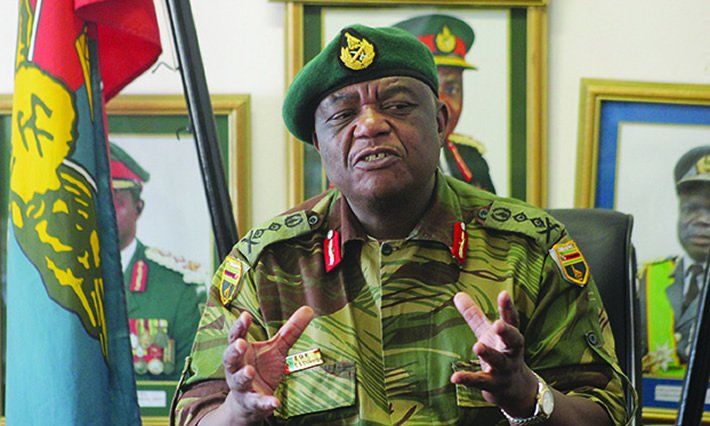Security forces on phishing expedition for ‘social media terrorists’
By Tatenda Dewa | Harare Bureau |
The Zimbabwean government, jittery over recent protests calling for political and economic change, has unleashed the police to hunt for three Zimbabwean exiles alleged to have used social media to commit “terrorism”.

The development comes as government is railroading the Computer Crime and Cyber Crime Bill that has been on the table for years to deal with perceived saboteurs and terrorists using social media to protest against the increasingly unpopular Zanu PF government.
It was not clear which legal tool the police intend to use against the alleged terrorists, but, even in the absence of a cyber law, President Robert Mugabe’s government could use the Criminal Law (Codification and Reform) Act.
Sections 22 to 29 of the criminal code outline terrorist acts and omissions that include causing an insurrection, forcible resistance to the government or armed forces, using or threatening the use of weapons that could harm or kill people or destroy property and obstructing the free movement of traffic.
The code also describes as terrorism or insurgency the recruitment or training of saboteurs or terrorists, supplying weapons to insurgents, possession of weapons meant to carry out banditry and harbouring terrorists.
State media reported on Tuesday that police were looking for Victor Dube and Jeff Judah Hosanna (both based in South Africa) as well as Tapiwa Marimbe (Australia), saying they would enlist the support of Interpol.
The media reports alleged that the three were working with the opposition Movement for Democratic Change (MDC-T) to send social media messages that allegedly threatened violence, murder and armed attacks on government officials and Zimbabwean citizens.
Security forces reportedly identified the trio following calls to close down Zimbabwe’s borders in protest against a recent imports ban on a selected number of goods procured from South Africa by mainly informal traders who were reselling them locally to earn a living.
The border shutdown was planned for Monday but failed to materialise.
Hosanna is alleged to lead an organisation called Smoke that Thunders Brigade which is said to have threatened to wage a war against the Mugabe establishment and kill Zimbabweans.
Security forces are accusing Dube of calling for border picketing and threatening to kill those who failed to heed the call by planting mines on Zimbabwean roads.
Marimbe, on the other hand, is wanted for purportedly threatening to bring a bagful of firearms to Zimbabwe and use them for regime change.
“Should the three wish to clear their names, they are welcome to present themselves to the Zimbabwean police as soon as possible. The long arm of the law will reach out to them even if it means using international police machinery.
“Interpol is one such agency used to reach out to cross border criminals. We will work with other governments to extradite those who originate terrorist activities taking advantage that they are out of the country,” State media reports quoted an unnamed security agent as saying.
Government looks rattled by the July protests against Mugabe’s continued rule, a bludgeoning economic crisis, corruption and unpopular policies that were helped by social media mobilisation.
The army has already revealed that it is training specialists to counter social media “abuses”.
The security sector is seen as clutching at straws and using intimidation to prevent future digitally based activism.
In 2014, the sector used similar tactics that proved unsuccessful in the Zanu PF government attempt to sniff out individuals behind a viral blog, Baba Jukwa, that exposed party human rights abuses and electoral fraud ahead of the 2013 general elections.
State media were used to finger journalists and Zimbabwean exiles as architects of the blog, but prosecution yielded nothing. Nehanda Radio






